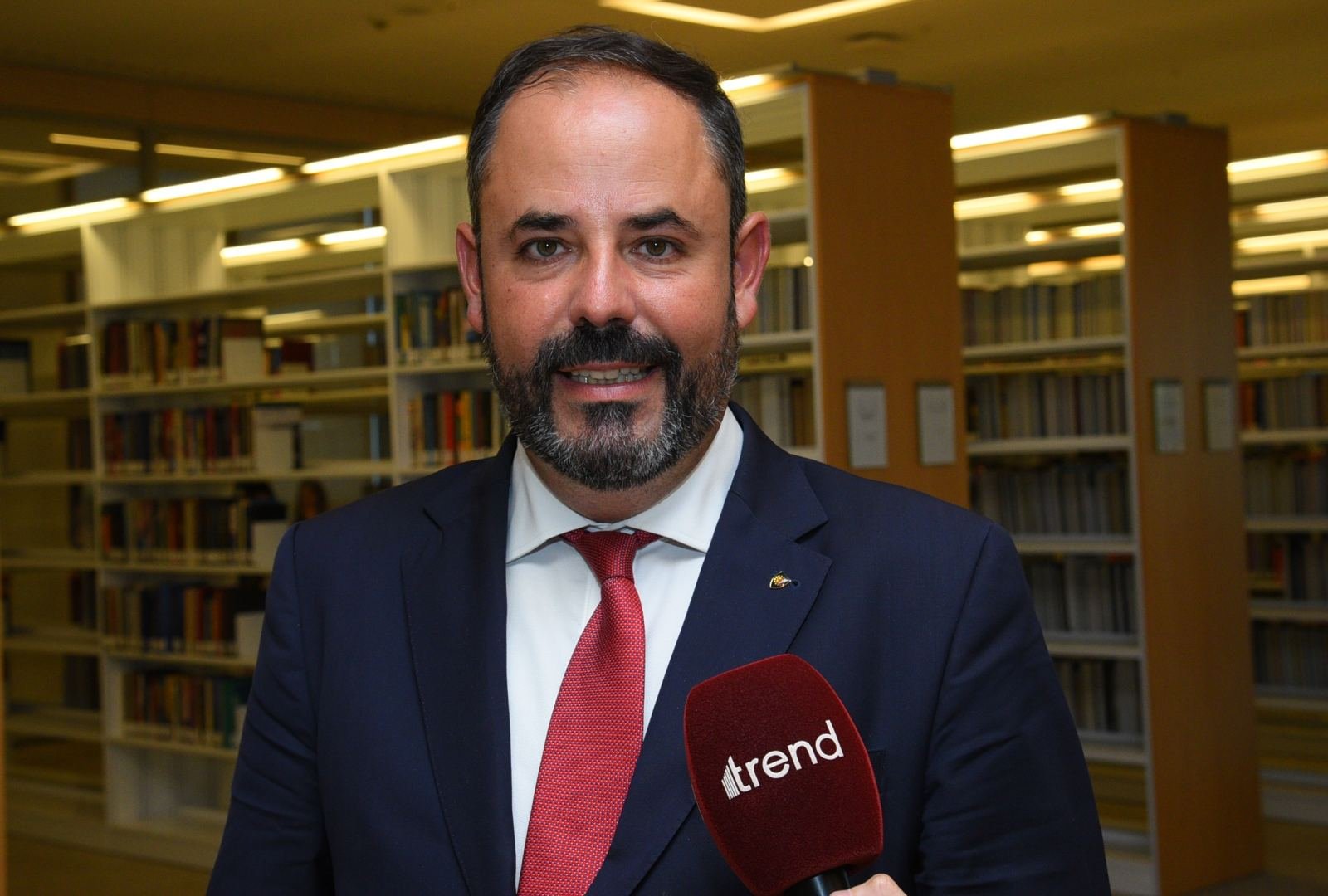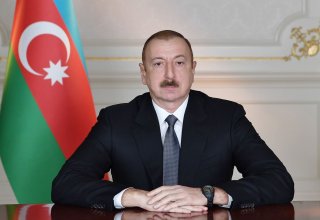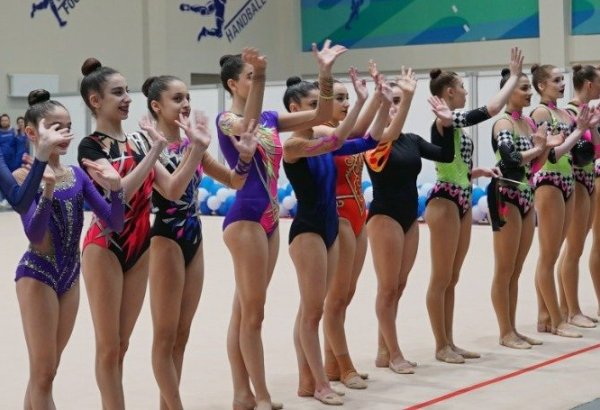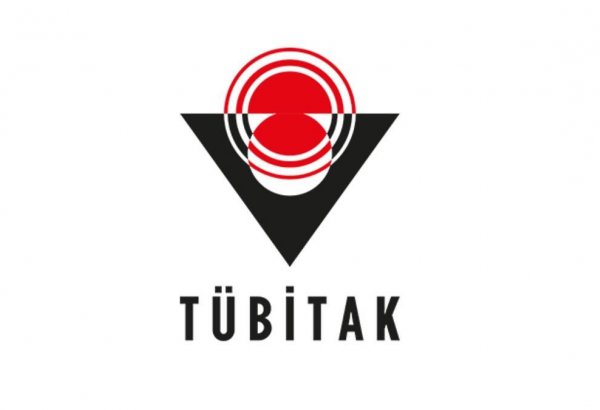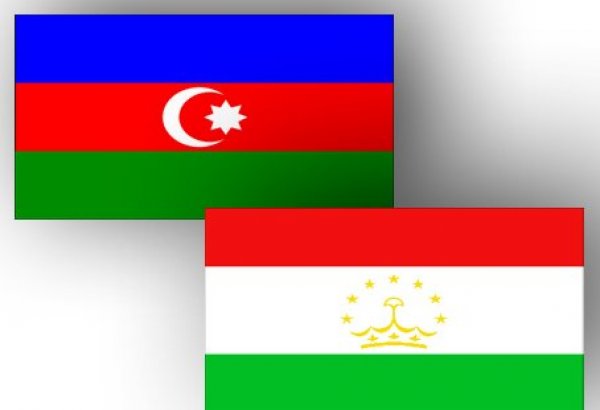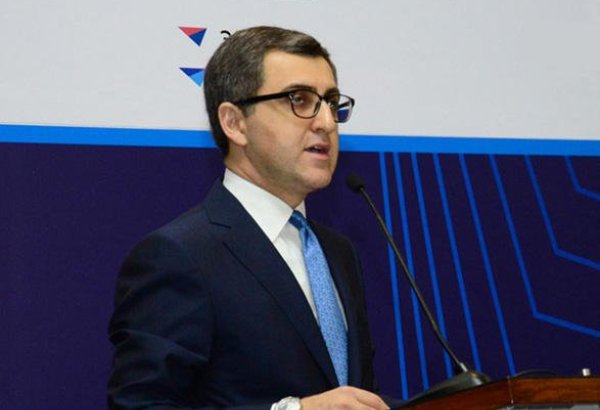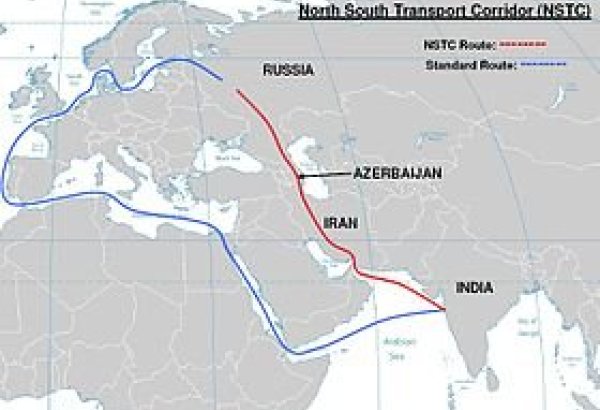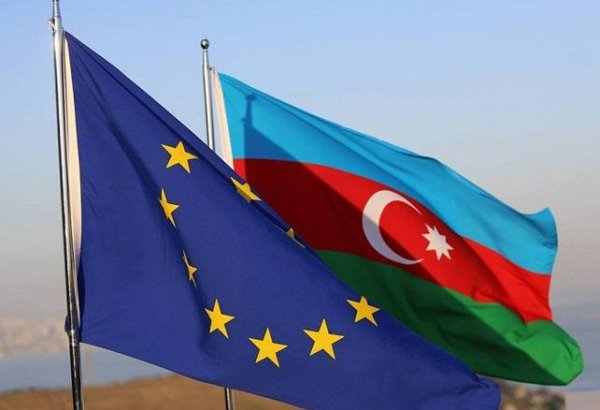BAKU, Azerbaijan, September 12. Armenians in Azerbaijan’s Karabakh should agree to opening the Aghdam-Khankendi road, and stop complaining about the "blockade" of the Lachin road, Carlos Uriarte Sánchez, Secretary General of Paneuropa Spain and member of the Presidency of the International Paneuropean Union, Professor of Law at Rey Juan Carlos University in Spain, told TurkicWorld in an interview.
"Armenians in Karabakh want to use only the Lachin road, but Armenia has previously misused it, using it for arms and weapons trafficking. Azerbaijan, as a sovereign country, has the right to decide which the best route is for Armenians in Khankendi to have contact with Armenia. If Azerbaijan suggests using Aghdam-Khankendi road, Armenia should take advantage of this opportunity rather than complaining that they cannot use the Lachin road," he said.
Commenting on the so-called "humanitarian crisis", Carlos Uriarte Sánchez stated that the Azerbaijani government would not attempt to isolate ethnic Armenians in the Azerbaijani liberated territories.
"The talk that Armenians in Azerbaijani territory is isolated, that they cannot receive goods, I do not think that this is the reality because Azerbaijan is not interested in prolonging the conflict. I think "humanitarian crisis" is a propaganda that Armenia is creating to try to keep the agenda on the conflict that should be resolved by both sides," he said.
Uriarte Sánchez said that Azerbaijan won the war in 2020, and Armenia should accept the outcome.
"Both sides should work together to sign any kind of agreement for sustainable peace, especially the Armenians, they should accept what has happened. They should put an end to complaints, stop dwelling on the past, and cease thinking about how the situation could have been different," he noted. "I think that both sides should think about the future. But what I see now is that Armenians are still lingering in the past; they are not focusing much on the future. However, Azerbaijan is already looking ahead and offering good conditions for the Armenian minority living in Karabakh."
He emphasized Azerbaijani efforts to develop and revive the liberated cities, adding that "the ethnic Armenians should accept this support and aid because they are Azerbaijani citizens. They need to be reintegrated, and Azerbaijan is doing its best to achieve that."
Speaking about ties between Azerbaijan and Spain, he noted that both nations maintain strong relations and uphold the principle of territorial integrity, a fundamental aspect of international law. In Spain, this commitment especially notable in the presence of separatist groups in Catalonia, it is the similar situation as in Azerbaijan’s Karabakh. In this context, both countries advocate for the preservation of territorial integrity.
"Spain and Azerbaijan do not have any conflicts or controversies, but our relations could be deeper. We are far apart geographically, but I think that there are opportunities for both sides, and relations could be improved. For example, you have an ambassador of Azerbaijan to Spain, but unfortunately, we still do not have an ambassador to Azerbaijan. Relations are managed through the ambassador in Ankara, Türkiye. In this regard, it will be very important to open a Spanish Embassy in Baku as soon as possible," he said.
Carlos Uriarte Sánchez noted that both countries can work more in different sectors, such as education and culture. The two countries also located at similar latitudes; Spain is situated on the shores of the Mediterranean Sea, while Azerbaijan borders the Caspian Sea.
"Geographical location offers Spain a lot of opportunities. Spain is a hub between Eurasia and Latin America, and Azerbaijan is a hub between Europe and Asia, I think both countries could work together to use these advantages," he said.
The professor also mentioned that both countries advocate for multiculturalism and the integration of migrants and refugees. Spain can learn a lot from how multiculturalism is functioning in Azerbaijan, where, in his opinion, Azerbaijan has a very good experience.
"We could import natural resources, such as petrol and gas, from Azerbaijan; you also have wood. Additionally, Spain is a leading country in the renewable energy sector, and Azerbaijan can learn a lot about renewable energies from Spain. Regarding import and export, I think both sides have fields where they could improve collaboration because we do not have as many economic exchanges as we could have. In this regard, I think we could do more economically," he said.
Further speaking, he spoke about his visit to Azerbaijan, saying that he had a series of productive meetings and engagements. He met with university officials, delivered a lecture at ADA University, and engaged with various institutions like the Parliament and multicultural centers.
Uriarte Sánchez explored the city, visited significant landmarks, and spoke with locals. Hopefully, he said, this wouldn't be his last visit to Azerbaijan.
"I visited Baku State University, where I had several meetings, including ones with the Vice-Rector for International Relations and the Dean of the Law School at the Faculty of Law. I also delivered a lecture at ADA University and its Institute for Development and Diplomacy (IDD). Additionally, I had a meeting in the Parliament, where we engaged with members responsible for the Azerbaijan-Spain friendship route. I also visited the Baku Multiculturalism Center, the Topchubashov Center, and the AIR Center (Center of Analysis of International Relations). During these meetings, I gained insights into the situation in the liberated regions and learned about Azerbaijan's international priorities," he said.
Overall, he highlighted that the relations between Azerbaijan and Spain are strong and without problems. While the countries have excellent relations, there are areas where cooperation could be further improved.








